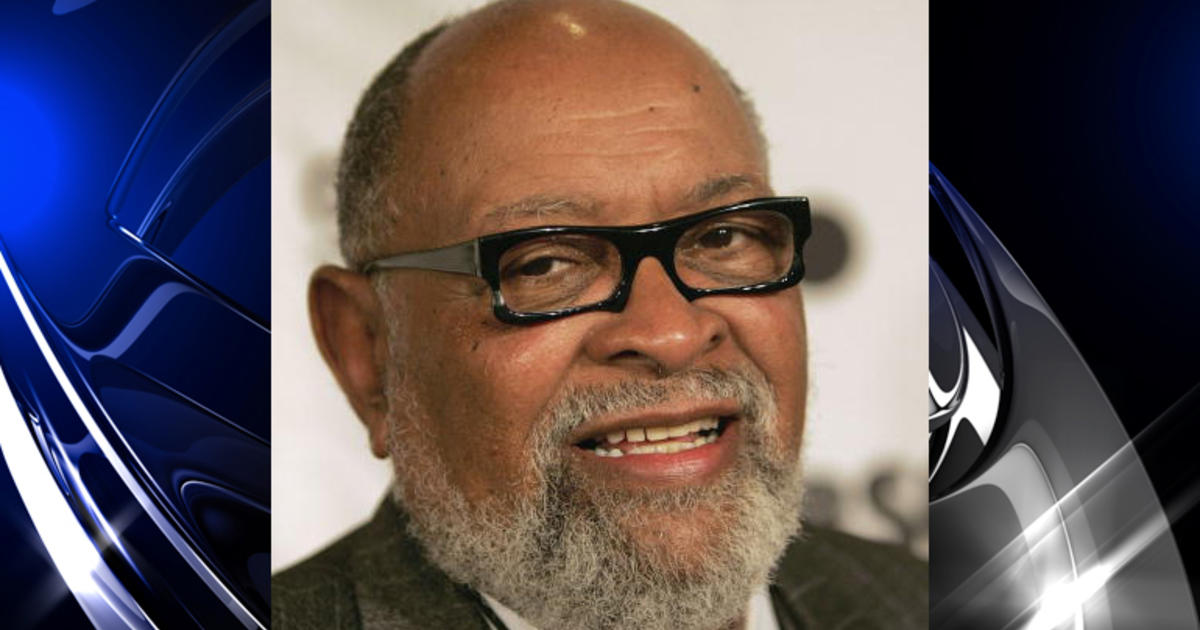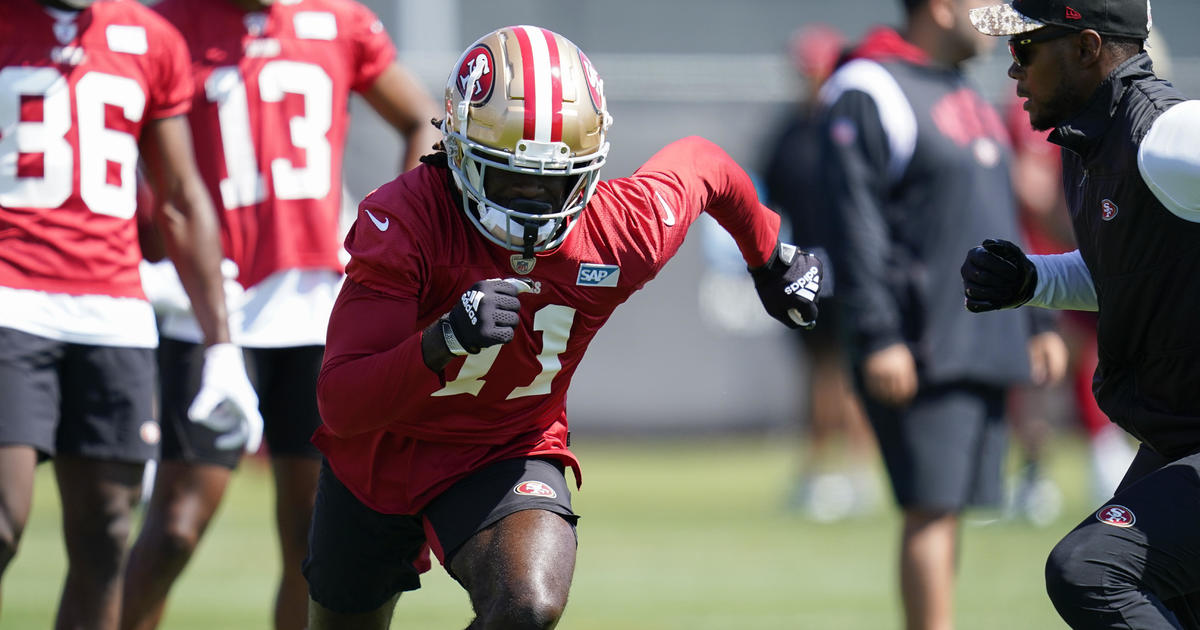San Francisco And Berkeley Soda Tax Propositions Could Set Precedent
SAN FRANCISCO (KCBS) — Voters in San Francisco and Berkeley will decide Tuesday whether to tax soft drinks like Coke and Pepsi. This week KCBS In Depth, co-hosts Jane McMillian spoke with San Francisco Supervisor Scott Wiener, who is a supporter of the soda tax, and Roger Zalazar, representing the American Beverage Association, who opposes the propositions.
Prop E in San Francisco would add 2-cents per ounce on sugary drinks such as sodas and juices. Wiener said one in three San Franciscans are at risk of diabetes.
"Soda and other sugary beverages are absolutely fueling the explosion of Type 2 diabetes, liver disease and other health problems that are being caused by the huge amount of sugar in liquid form that these drinks are delivering into people's bodies," Wiener said.
Listen To Entire KCBS In Depth Episode:
KCBS In Depth: Bay Area Soda Tax Propositions Could Set Precedent
Proceeds from Prop E would go for health and education programs. Prop D in Berkeley would add a penny per ounce and the money would go to the general fund.
Education, Wiener said, is not enough and the massive marketing directed at children and low-income communities by the soda companies.
"We have to counterbalance that. Right now, these drinks are artificially cheap because of the federal subsidy for high-fructose corn syrup. In many grocery stores, it's cheaper to buy soda—soda is cheaper than milk, it's cheaper than tea, it's cheaper even than water. And so this will help level the playing field," he said.
"When you have a growing health crisis, it is the responsibility of the entire community to act. We did it with cigarettes, when we were seeing an explosion of lung cancer and emphysema, We used cigarette taxes to reduce consumption," Wiener said.
Roger Salazar speaks for the American Beverage Industry, which opposes Prop E in San Francisco and Prop D in Berkeley. So far, the California pact is funding both measures and has spent almost $8 million to defeat soda taxes.
Salazar said sodas account for a small percentage of someone's daily sugar intake.
"At a time when people in the Bay Area are confronting an affordability gap, the last thing we need is a new beverage tax. We don't disagree that there are things we need to do in public and society to improve our diet and nutrition, but a regressive tax—a misguided tax—that does nothing to really improve people's health and does everything to increase the economic burden on them is not the right way to go about it," he said.
He said he does not expect the measures to improve people's health and that people end up drinking the same amount of soda despite the rise in cost, as he said research into Mexico's soda tax—which supporters of Props E and D have used for their sides—reveals.
"One thing that did happen is that while they saw a decrease immediately after the excise tax was passed, that has fallen off. Now in this last quarter, the folks in Mexico have said that it's essentially gone back to the normal level. So after an initial shock, people went right back to their old habits even at the higher cost," Salazar said.
More Election News:
He said there many loopholes in the beverage taxes. Consumers, he said, might switch to something else like chocolate milk, which is not taxed.
While taxes on cigarettes did drive down the use of tobacco products—along with the increase in education—Salazar said there is a difference.
"I just don't think that the public feels that way. Again, we're talking about refreshments here. While the national activist lobby wants to paint them in the same light, I just don't think the public will ever feel that they are equal," he said.



